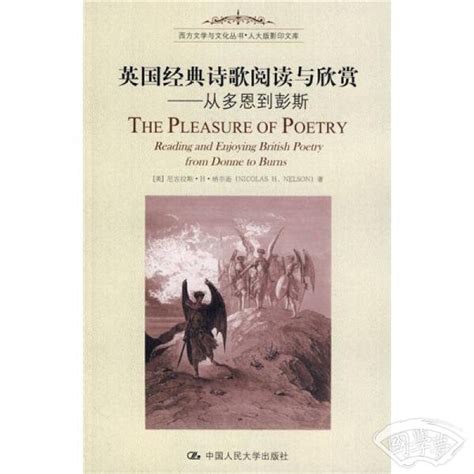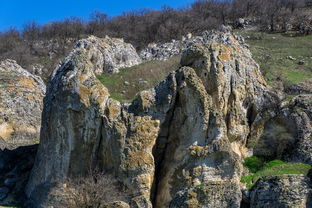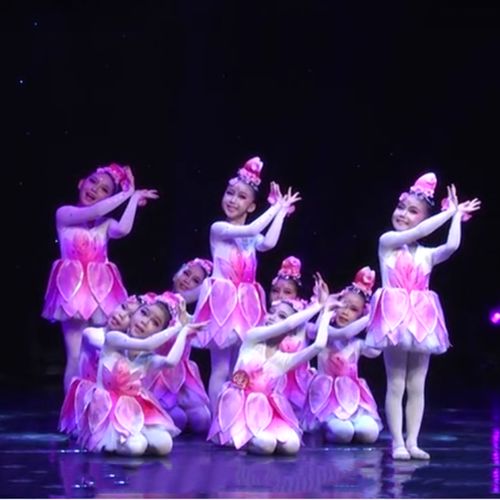经典外国散文英文版
Exploring the Beauty of Classic Poetry and Foreign Prose in English Literature
Poetry and prose are two of the most enchanting forms of expression in literature. They traverse time, culture, and language, offering insights into the human experience and the world around us. Let's delve into the realm of classic poetry and foreign prose in English literature, exploring their beauty, significance, and enduring appeal.
Classic Poetry: Timeless Expressions of the Human Spirit
Classic poetry stands as a testament to the enduring power of words to evoke emotion, provoke thought, and transcend generations. From the sonnets of Shakespeare to the odes of Keats, classic poetry captures the essence of human experience in its purest form.
Shakespearean Sonnets
: William Shakespeare, the Bard of Avon, crafted some of the most exquisite sonnets in the English language. His 154 sonnets explore themes of love, beauty, time, and mortality with unparalleled eloquence. Sonnet 18, often referred to as "Shall I compare thee to a summer's day?", celebrates the eternal beauty of the beloved, immortalizing them in verse.Romantic Poetry
: The Romantic era heralded a golden age of poetry, with poets like William Wordsworth, Samuel Taylor Coleridge, and Lord Byron leading the way. Their works delve into the beauty of nature, the tumult of human emotion, and the sublime mysteries of existence. Wordsworth's "I Wandered Lonely as a Cloud" and Coleridge's "Kubla Khan" are iconic examples of Romantic poetry, weaving vivid imagery with profound philosophical musings.Victorian Poets
: The Victorian era witnessed a resurgence of poetic excellence, with poets such as Alfred, Lord Tennyson, and Robert Browning leaving an indelible mark on literary history. Tennyson's "Ulysses" and Browning's "My Last Duchess" exemplify the Victorian preoccupation with themes of heroism, morality, and the complexities of human psychology.Foreign Prose: A Window into Diverse Cultures and Perspectives
Foreign prose in English translation offers readers a glimpse into the rich tapestry of global literature, allowing for crosscultural exchange and appreciation. Whether it's the magical realism of Latin America or the existential angst of Eastern Europe, foreign prose enriches the literary landscape with its diversity and depth.

Russian Literature
: Russian literature boasts a treasure trove of masterpieces, from the sweeping epics of Leo Tolstoy to the existential dramas of Fyodor Dostoevsky. Tolstoy's "War and Peace" is a sprawling epic that chronicles the lives of Russian aristocrats during the Napoleonic Wars, while Dostoevsky's "Crime and Punishment" delves into the psyche of a tormented intellectual grappling with morality and guilt.Latin American Magic Realism
: Magic realism, a genre synonymous with Latin American literature, blends fantastical elements with mundane reality to create enchanting narratives that defy conventional storytelling. Gabriel García Márquez's "One Hundred Years of Solitude" is a prime example, weaving a multigenerational saga set in the fictional town of Macondo, where myth and reality intertwine in mesmerizing fashion.Japanese Literature
: Japanese literature is renowned for its elegance, restraint, and profound insights into the human condition. Haruki Murakami, a contemporary giant of Japanese literature, seamlessly blends elements of surrealism, existentialism, and pop culture in works such as "Norwegian Wood" and "Kafka on the Shore," inviting readers into surreal and introspective worlds.Embracing the Beauty of Literary Diversity
In conclusion, classic poetry and foreign prose in English literature offer a kaleidoscopic array of voices, themes, and perspectives that enrich our understanding of the world and ourselves. Whether it's the timeless sonnets of Shakespeare or the magical realism of García Márquez, each work invites us to embark on a journey of exploration and discovery. By embracing the beauty of literary diversity, we not only expand our literary horizons but also cultivate empathy, insight, and a deeper appreciation for the human experience.
Let us continue to celebrate the enduring legacy of classic poetry and foreign prose, cherishing these timeless treasures as windows into the vast and wondrous world of literature.











